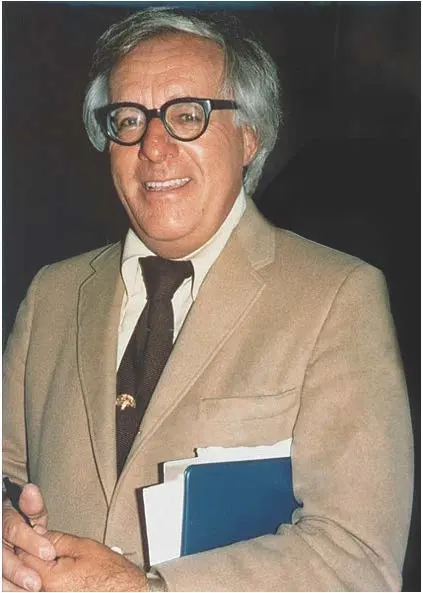Ray Bradbury
Author:
Ray Bradbury
Date of birth: 22nd August 1920
Place of birth: Waukegan, Illinois USA
About the author:
Ray Bradbury (1920–2012) was a legendary American author and screenwriter best known for his imaginative works of science fiction, fantasy, horror, and social commentary. Over a prolific career spanning more than seven decades, Bradbury wrote hundreds of short stories and dozens of novels, cementing his reputation as one of the most influential voices in 20th-century American literature.
Born on August 22, 1920, in Waukegan, Illinois, Bradbury developed a love of reading and storytelling at an early age, devouring works by Edgar Allan Poe, H.G. Wells, Jules Verne, and other pioneers of the fantastic. Though he never attended college, Bradbury educated himself through extensive reading in public libraries—a passion he credited as foundational to his success.
Bradbury rose to prominence with The Martian Chronicles (1950), a collection of loosely connected stories about humans colonising Mars, told with lyrical prose and a deep sense of nostalgia, fear, and wonder. It was followed by perhaps his most famous novel, Fahrenheit 451 (1953), a dystopian tale about censorship, conformity, and the loss of literature in a future society where books are banned and burned. The book remains a staple of high school curricula and a touchstone for debates about freedom of expression.
Among his other celebrated works are:
•Something Wicked This Way Comes (1962), a dark fantasy novel about a sinister traveling carnival;
•Dandelion Wine (1957), a semi-autobiographical meditation on childhood and memory;
•And hundreds of short stories collected in volumes such as The Illustrated Man, The October Country, and The Golden Apples of the Sun.
Bradbury was also active in film and television, contributing scripts to The Twilight Zone, adapting Moby-Dick for director John Huston, and overseeing The Ray Bradbury Theatre, an anthology series based on his own stories.
Though often associated with science fiction, Bradbury resisted categorisation, insisting he was a "writer of ideas" whose stories explored human nature, morality, and imagination as much as technology or futurism. His poetic style and emotional insight set his work apart from more hard-edged sci-fi contemporaries.
Ray Bradbury died on June 5, 2012, at the age of 91, leaving behind a rich and enduring legacy. His work continues to inspire generations of readers, writers, and filmmakers, and his influence can be seen in everything from literature and cinema to education and public discourse.

Books that we've read by Ray Bradbury (1):
Fahrenheit 451 (1953).
This page was updated on: 7th July 2025

